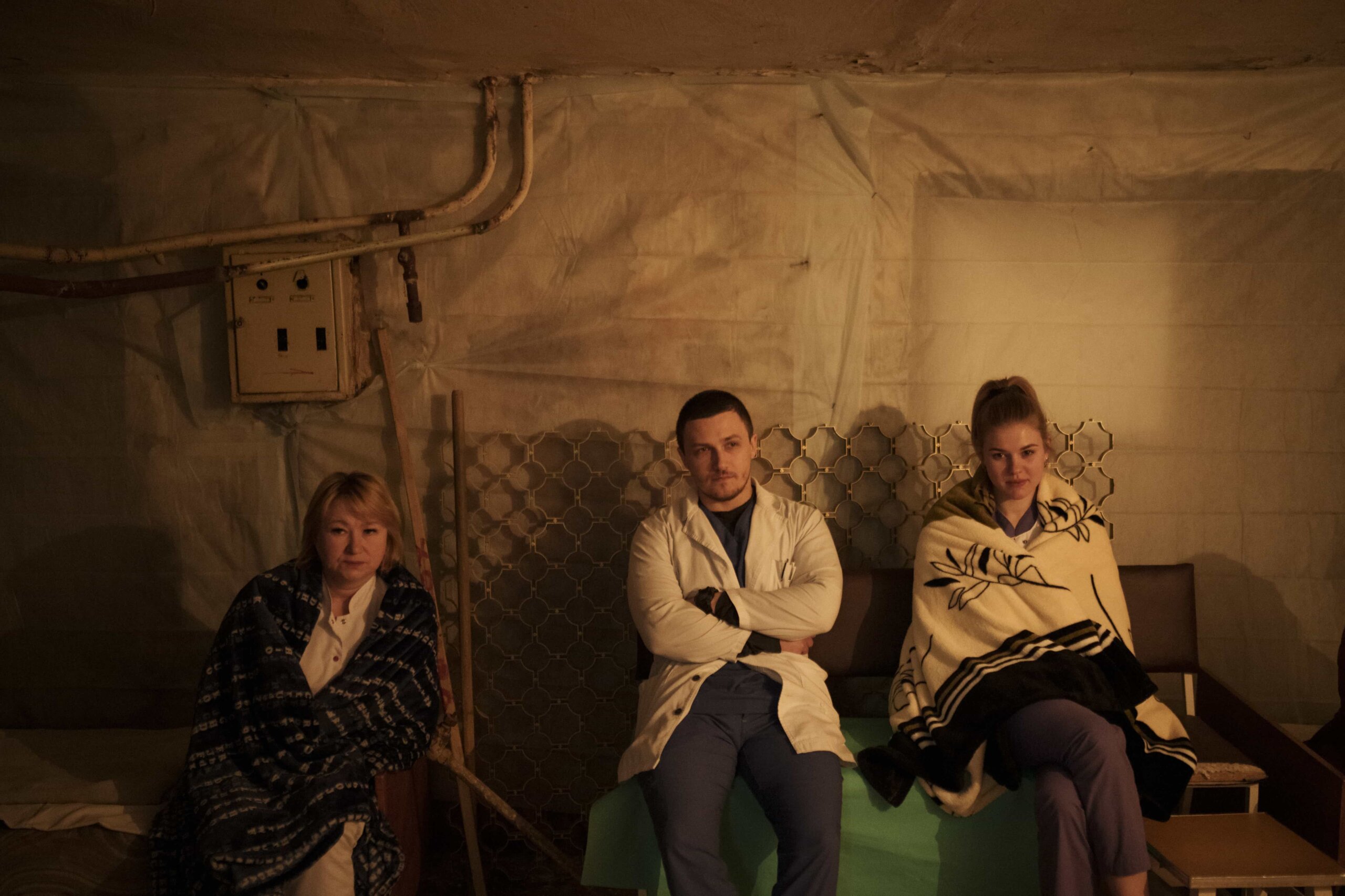A leading international public health group has announced plans to aid Ukrainians unable to access their HIV medications as Russia continues to lay siege to the country.
The World Health Organization (WHO) will distribute thousands of antiretroviral (ART) medications over the next 12 months to assist Ukraine’s struggling health care system, as Reuters was the first to report. In a separate statement, the Joint United Nations Programme on HIV/AIDS (UNAIDS) confirmed that it was working with groups like WHO and UNICEF to “ensure a 12-month supply of the medicines for people living with HIV in Ukraine.”
According to UNAIDS, a shipment of 209,000 ART medications has already been delivered to Lviv, the sixth-largest city in Ukraine. These life-saving medications help people living with HIV manage their symptoms and curb the virus’ spread. Individuals who take their daily dose of ARTs live long, healthy lives: an average of 46 years after their initial diagnosis, per 2019 research.
Despite the influx of medications, UNAIDS predicted that the realities of the Russian invasion would make getting them to affected populations difficult. “However, distribution within Ukraine is set to be a challenge, particularly in conflict areas,” the organization said.
Prior to Russia’s military invasion in February, experts estimated that more than 260,000 Ukrainians were living with HIV. That population is the second-highest in Europe—trailing only Russia itself—and an outsize number of affected individuals are LGBTQ+. Approximately 15 percent of HIV-positive individuals in Ukraine are men who have sex with men (MSM), according to WHO.
“There is no cure for HIV. Without access to antiretroviral medicines people living with HIV will die.”
Of refugees fleeing the conflict, human rights groups believe that around 1 percent are people living with HIV. At least four million people have fled Ukraine since the beginning of the conflict, with many seeking shelter in neighbouring countries.
Although Ukraine had attempted to make inroads in addressing the ongoing epidemic in recent years, experts said the crisis unfolding in the country is likely to set its HIV response back by decades. Around 50 percent of Ukraine’s pharmacies have shuttered since the conflict began, and dozens of hospitals and health centres have been bombed, as UNAIDS reported in its recent statement.
“It is becoming increasingly difficult for people to access the health care they need, including services for HIV,” said UNAIDS executive director Winnie Byanyima. “There is no cure for HIV. Without access to antiretroviral medicines people living with HIV will die.”
Of individuals diagnosed with HIV, health care authorities estimate that 152,000 are taking daily medications to suppress the virus. It’s unclear how many have lost access amid Russia’s attacks on Ukraine.
Lack of HIV medication isn’t the only public health crisis currently facing Ukraine. Experts predicted that the conflict would lead to outbreaks of polio, measles and drug-resistant tuberculosis, as well as COVID-19 in a country that has struggled with its vaccine rollout, particularly in rural areas where access to health care is sparse. In some parts of Ukraine, reports indicate that vaccination rates are as low as 20 percent.
Increases in TB transmission could be especially dangerous for people with HIV unable to access medications. More than one-fifth (22 percent) of TB patients in Ukraine also have HIV, and the disease remains the leading cause of death for HIV-positive individuals.
Ukraine’s trans community has faced similar issues, with many cut off from hormone replacement therapy (HRT) during the conflict. Trans people who attempted to leave the country to continue taking their medications have widely found themselves trapped at the border, as their official documentation may not match their gender presentation.
As the crisis continues, UNAIDS said that it will keep “monitoring the situation closely and working with civil society organizations to support refugees and people living with HIV in Ukraine.” However, it urged members of the public to do whatever is in their capacity to donate to relief organizations providing aid to vulnerable Ukrainains, including the dozens of LGBTQ+ and allied groups in the country.
“Partners on the ground are scrambling to get lifesaving medicines to people safely,” Byanima said. “The flexible ability of civil society to reach people is vital and funds are urgently needed to support and strengthen these critical lifelines.”
Want to help? Please check out our story on ways to support Ukrainian residents and refugees.


 Why you can trust Xtra
Why you can trust Xtra


